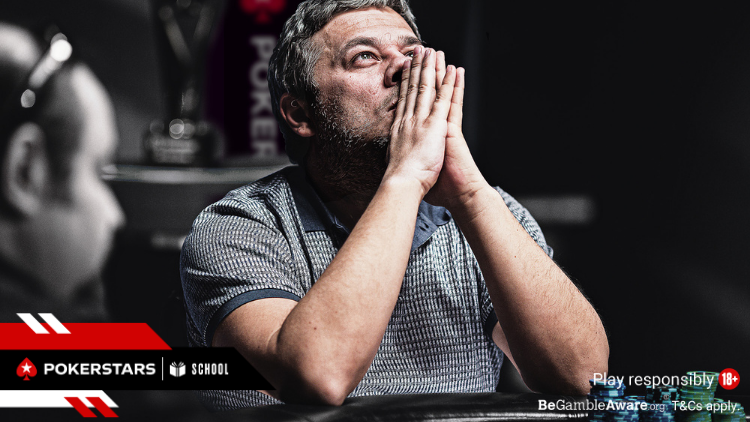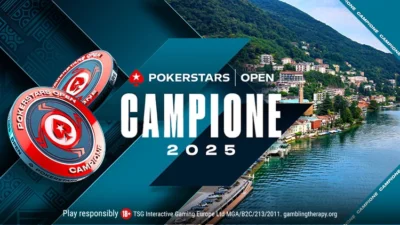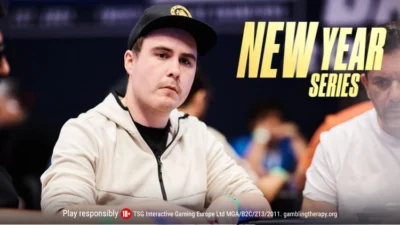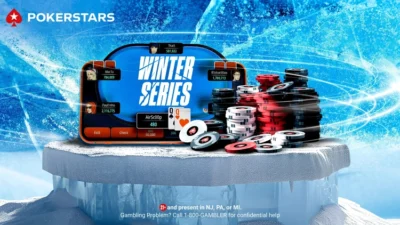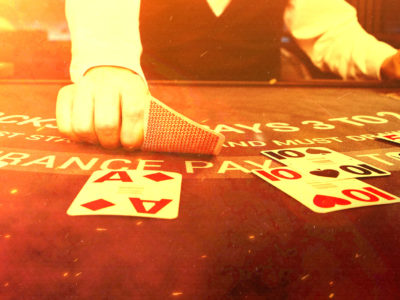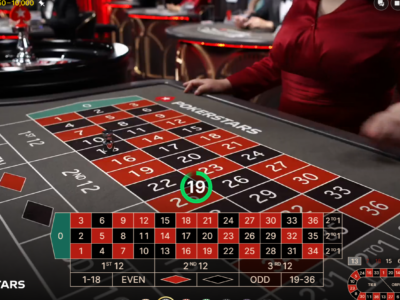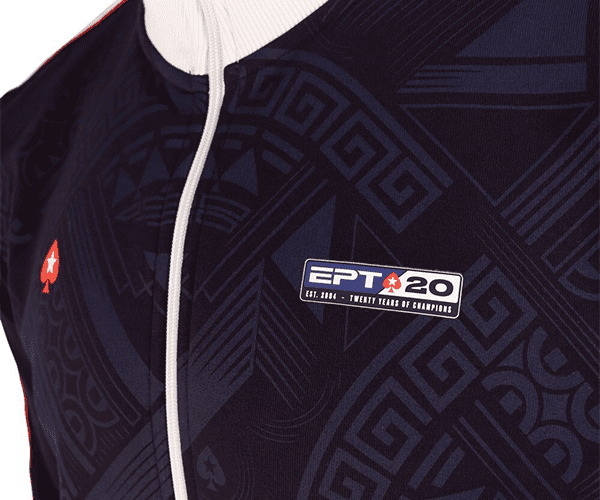If you hit the ball perfectly in a game of pool, you’re going to pot it. If you’re more prepared and skilful than your opponent in a game of chess, you’re going to win. In most games of skill, luck is rarely even a consideration.
We all know that’s not the case in poker. You can study your butt off and then execute to perfection, and still, you might end up losing time and time again.
Variance can be cruel. Sometimes, after a string of bad sessions, it feels like you’re destined to run bad, waiting out the downswing until the cards begin to fall in your favour once more.
So how do we minimise damage and play our best throughout these lousy stretches of luck?
PokerStars School has some tips.
THIS WEEK:
- 8 tips for surviving bad runs in poker
- Playing against an in-position cold call
- More from PokerStars School
8 tips for surviving bad runs in poker
“First thing’s first. A bad run is just a random fluctuation in the way the cards fall,” writes Pete Clarke in his latest article. “There is no rule to suggest that because you have been running bad that your next session is any more likely than usual to be negative.”
He’s right. So stop focusing on what you can’t control–i.e. your luck at the tables–and start focusing on what you can control.
From playing less and studying more to changing your bankroll habits, here are Clarke’s eight tips that might help you make it through your downswing and come out of it a better poker player.
Check out the 8 tips for surviving bad runs in poker here.
Playing against an in-position cold call
While ‘Cold Call’ sounds like the name of a 90s slasher horror film, it’s actually poker terminology for when a player calls your raise when they haven’t invested a bet or a blind.
“Perhaps the Button calls the Cut Off’s open-raise, or the Cut Off calls against the UTG raise. These are both cold calls,” Clarke explains in this article.
But how do you play against these cold calls when your opponent is in position?
“For our opponent to get involved – without the discount of being in the big blind – they need to have something more playable than our average hand,” Clarke writes. “Therefore, against solid players, when we get cold-called by someone who has position on us, we are usually taking the worst of it on the flop. Let me explain how.”
Read ‘Playing against an in-position cold call’ here.
More from PokerStars School:
- 4 tips that might help with tournament survival when card-dead
- When should you play poker passively?
- When to ignore poker theory
- How to satellite into high stakes tournaments
- 4 tips that may help you be more proactive in poker tournaments
- How to exploit overly aggressive players
- Top 3 misused poker phrases
- How to rewire your brain for poker
- How to play low boards in 3-bet pots
- When to set the trap in cash games
- 10 poker strategy ideas all beginners should know
- When to pull the trigger on big bluffs
- Four Beginner Tournament Mistakes to Avoid
- 4 bad reasons for playing a poker session
Download the Poker Dojo app:
Poker Dojo is a fun, free app to help you learn to play poker and improve your game!
Choose from three exciting games: Grid Poker, Strongest Hand or All-in or Fold.
All training games include leader boards, so you can see how you rank among your fellow students.
Download the Poker Dojo app on Android and iOS.
All the latest promotions:
Discord:
Back to TopView Other Blogs




